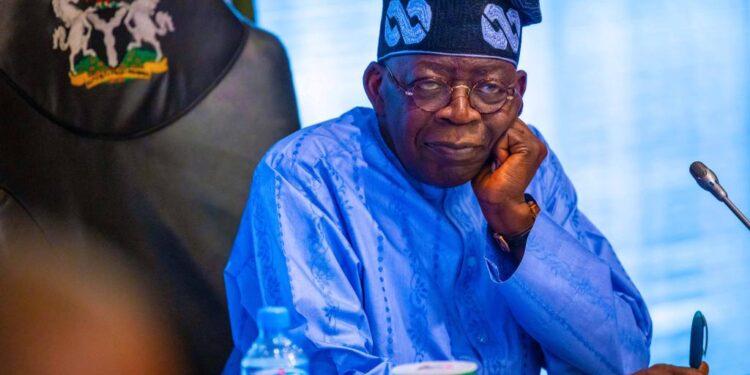Nigeria secured a hefty $2.7 billion loan package from the World Bank under President Bola Tinubu, sparking both hope and worry as the country grapples with rising debt obligations. The loans, specifically targeting power, women’s empowerment, girls’ education, and renewable energy, aim to tackle critical development challenges but add to Nigeria’s already substantial debt burden.
The Breaking Down:
Power Surge: A $750 million boost aims to strengthen Nigeria’s ailing power sector, a chronic hurdle to the nation’s progress.
Empowering Women: $500 million will fuel the “Nigeria for Women Programme,” scaling up initiatives for economic and social advancement.
Educating Girls: $700 million is earmarked for the “Adolescent Girls Initiative for Learning and Empowerment,” improving access to secondary education for girls in target states.
Going Green: $750 million will go towards the “Distributed Access through Renewable Energy Scale-up” project, illuminating off-grid communities and tackling the electricity deficit.
Though significant, these recent loans aren’t entirely groundbreaking. In 2022, Nigeria topped the charts as the World Bank’s biggest recipient, securing $2.9 billion. This year, they received the same amount as Tanzania in 2022, highlighting a pattern of heavy reliance on external funding.
Debt Dilemma:
The excitement over the loans is tempered by mounting concerns about Nigeria’s external debt. By September 2023, the World Bank alone held $14.58 billion of Nigerian debt. In Q3 2023, debt servicing costs skyrocketed by a staggering 277.64%, raising alarm bells.
READ ALSO: National Assembly budgetary allocation surpasses total allocation for 26 universities
Managing the Balancing Act:
The government seeks to manage the debt by redeeming bonds and repaying IMF loans. However, discrepancies in reports and statements surrounding debt servicing add to the anxieties. The World Bank itself warns of the dangers of high debt burden, urging coordinated action to avoid a “lost decade” for developing countries like Nigeria.
The Bottom Line:
President Tinubu’s administration faces a delicate balancing act: harnessing the World Bank’s support for crucial development sectors while tackling the spiraling debt challenge. Transparency, efficient management, and strategic investment will be key to ensuring these loans truly pave the way for a brighter future for Nigeria.
Source: Nairametrics



